Discover a wealth of information on maintaining optimal horse health in the dynamic environment of Colorado through our insightful blog articles. From addressing altitude-related concerns to offering seasonal health tips, our content is a comprehensive guide for horse owners looking to ensure the well-being of their equine companions amidst the diverse landscapes of the Centennial State.
-
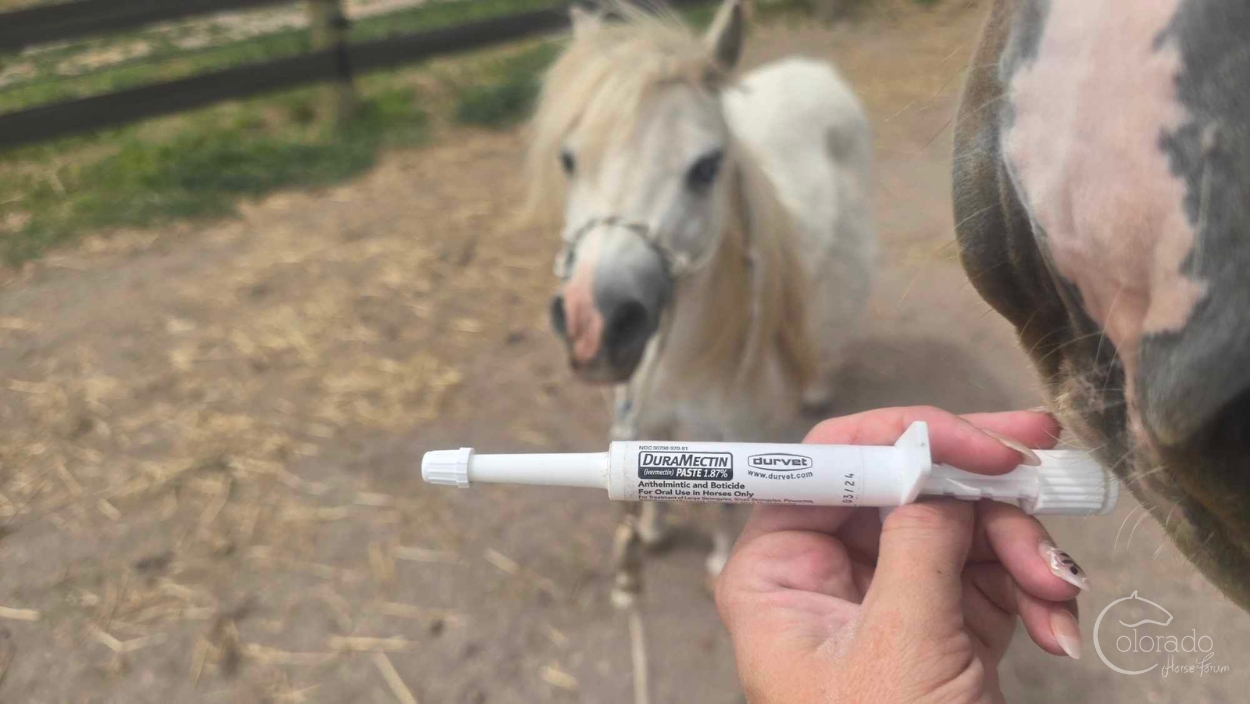
The Essential Guide to Deworming Horses in Colorado: Why It Matters for Your Horse’s Health
Read more: The Essential Guide to Deworming Horses in Colorado: Why It Matters for Your Horse’s HealthManaging the health and well-being of horses involves a multifaceted approach, with deworming playing a crucial role. However, deworming protocols vary, and what works for one horse or region may […]
-
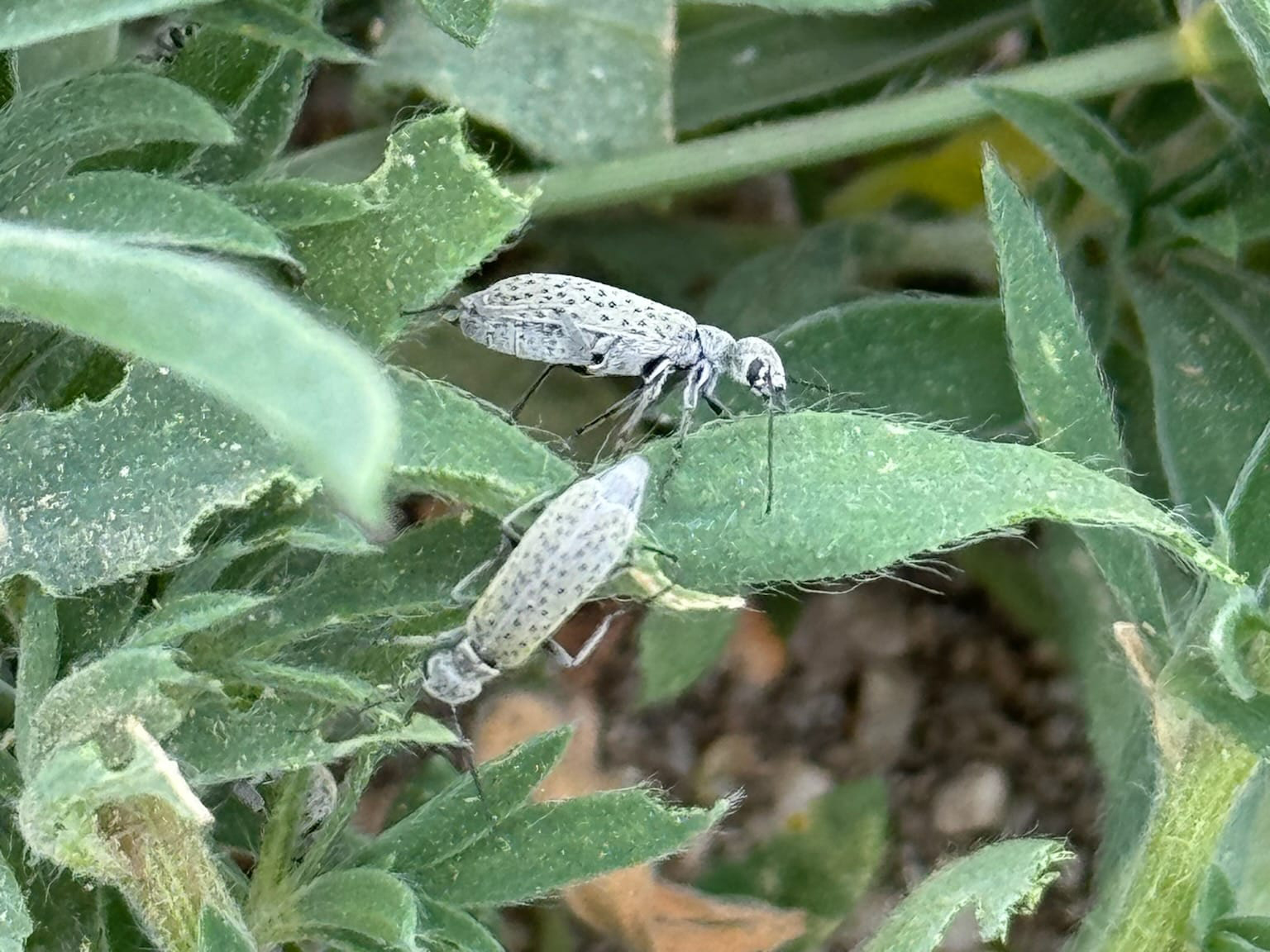
Blister Beetles Found in Colorado: A Serious Concern for Ranchers and Livestock Owners
Read more: Blister Beetles Found in Colorado: A Serious Concern for Ranchers and Livestock OwnersThe ash grey blister beetle, a member of the family Meloidae, has recently been discovered on properties all over Colorado. This discovery raises significant concerns due to the toxic chemical […]
-

Your Memorial Balloons are Killing my Animals
Read more: Your Memorial Balloons are Killing my AnimalsHarsh title right? That’s because it is a harsh reality. Releasing balloons as a memorial might seem like a touching and symbolic gesture, but there are several environmental and ethical […]
-
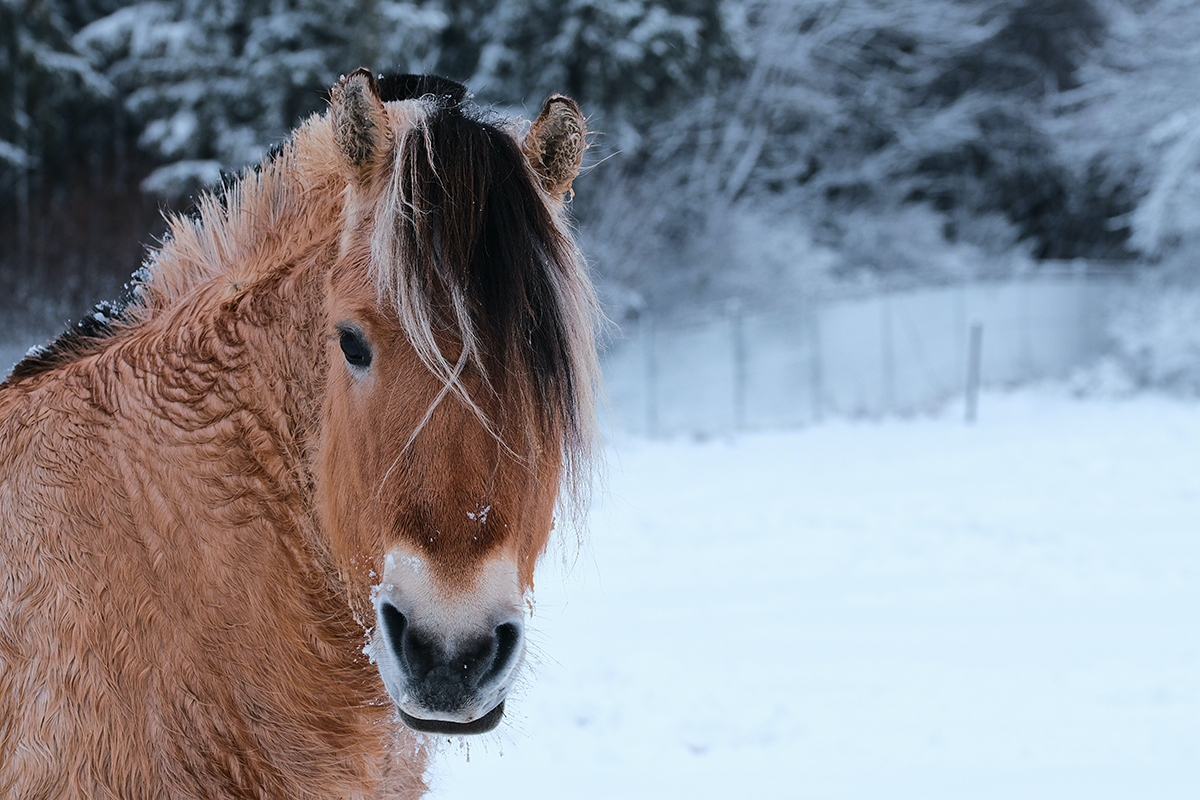
Battling the Chill: Your Equine Companions & the Upcoming Arctic Blast
Read more: Battling the Chill: Your Equine Companions & the Upcoming Arctic BlastAs winter descends upon us, horse and equine owners find themselves faced with the imminent challenge of an Arctic Blast storm, bringing subzero temperatures that can pose significant risks to […]
-
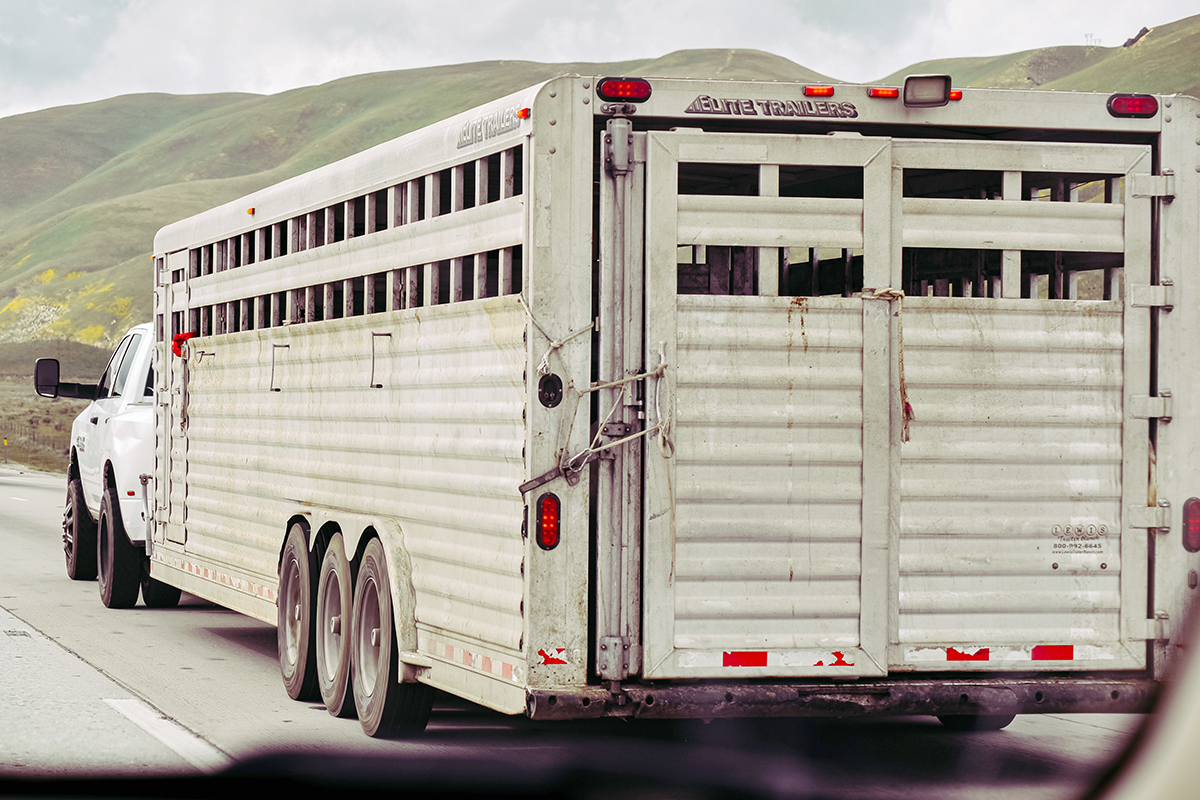
Choosing a Horse Shipper: 12 Vital Questions to Ask
Read more: Choosing a Horse Shipper: 12 Vital Questions to AskTransporting your horse can be a stressful experience, both for you and your equine companion. To ensure a smooth and safe journey, it’s crucial to select a reliable horse shipper. […]
-
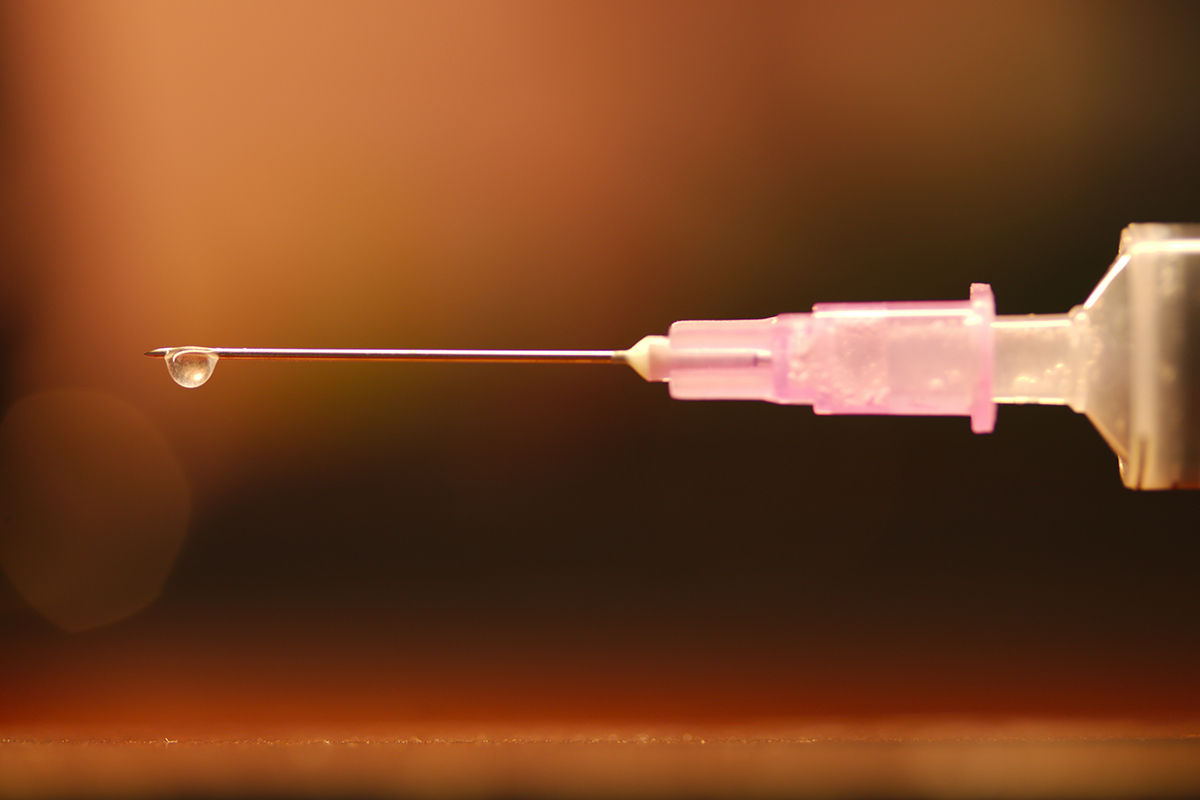
Proper Disposal of Needles and Sharps in Colorado Barns: A Guide to Safety and Environmental Responsibility
Read more: Proper Disposal of Needles and Sharps in Colorado Barns: A Guide to Safety and Environmental ResponsibilityOwning and maintaining a barn comes with various responsibilities, one of which is the proper disposal of needles and sharps used in veterinary care. Colorado, like many other states, has […]
-
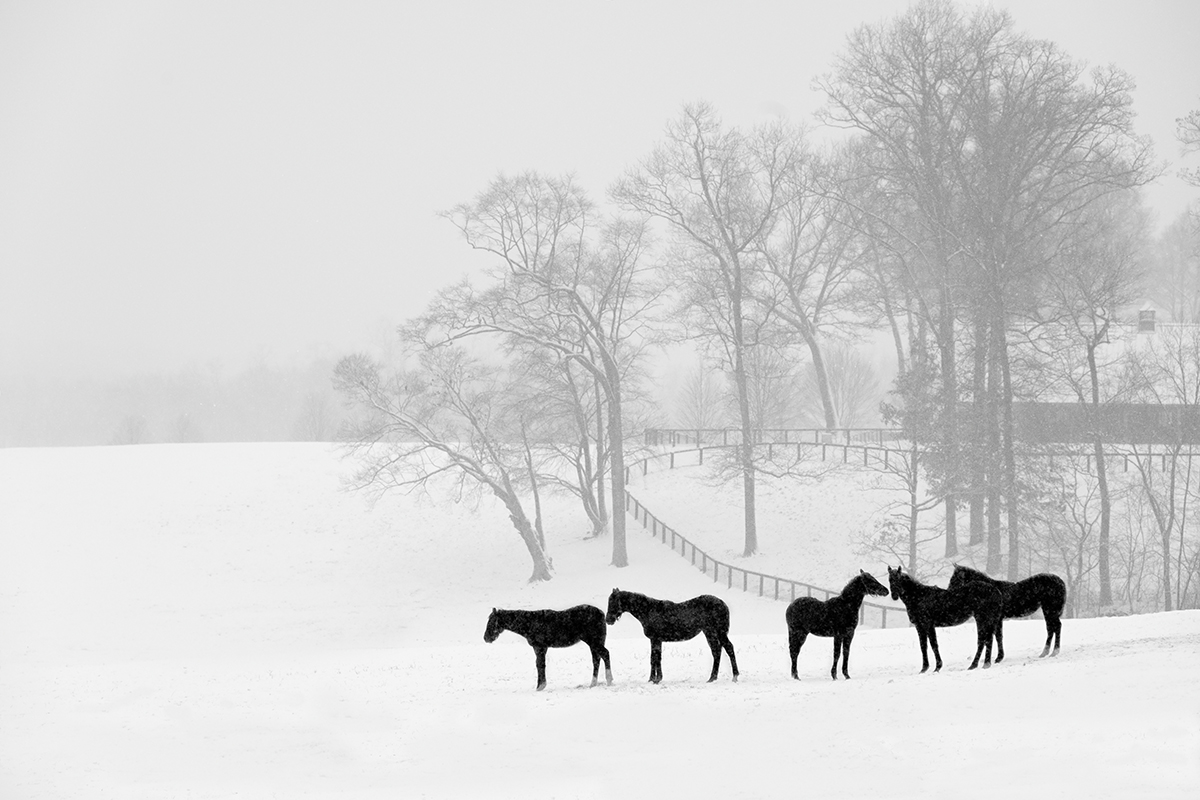
Winter weather is upon us again here in Colorado – are you and your horses ready?
Read more: Winter weather is upon us again here in Colorado – are you and your horses ready?If you are anything like me, you spent the last day or two getting everything ready for the impending snow this weekend. For horse owners, winter poses special considerations when […]
-
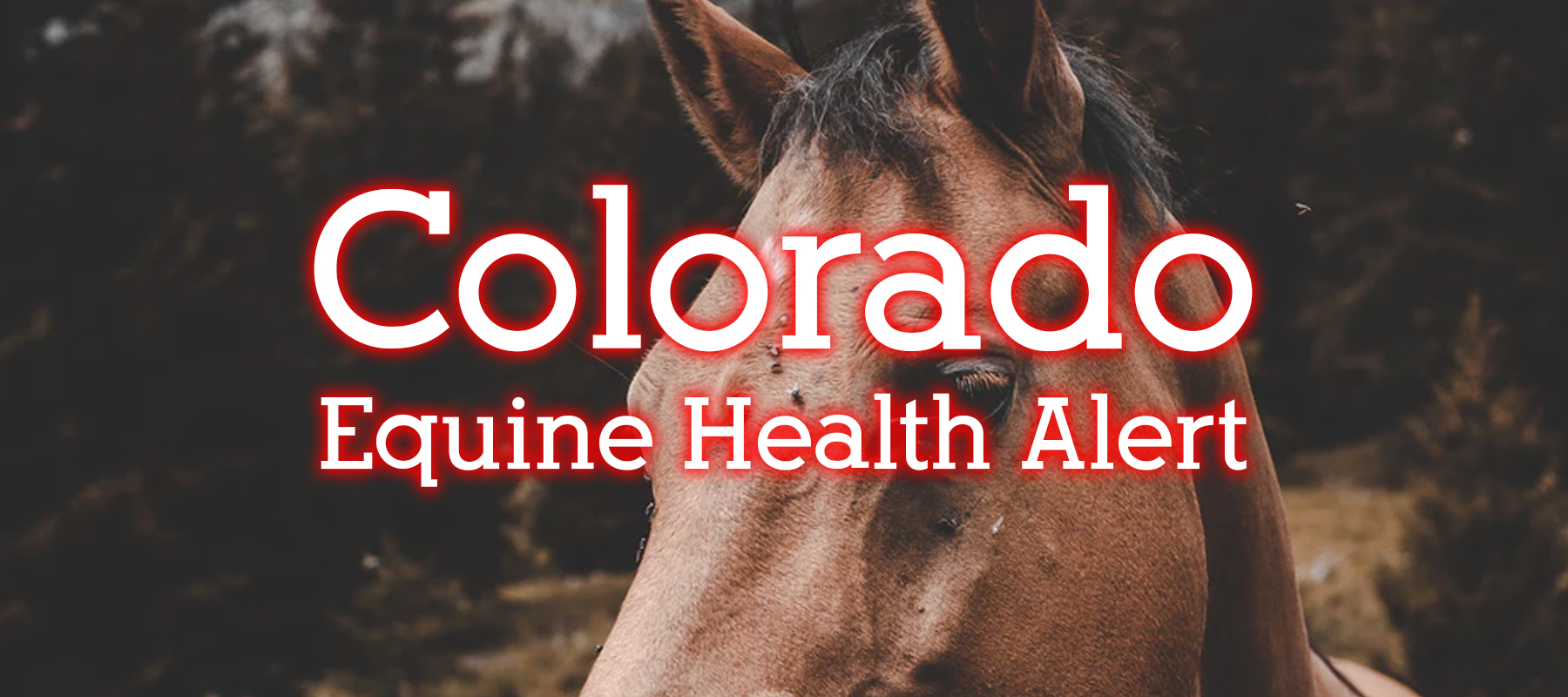
Colorado Equine Health Alert : West Nile Virus
Read more: Colorado Equine Health Alert : West Nile VirusMultiple horses in multiple counties of Colorado have tested positive for the West Nile Virus. For more information about West Nile Virus go to: WNV factsheet. Get more information on this […]
-
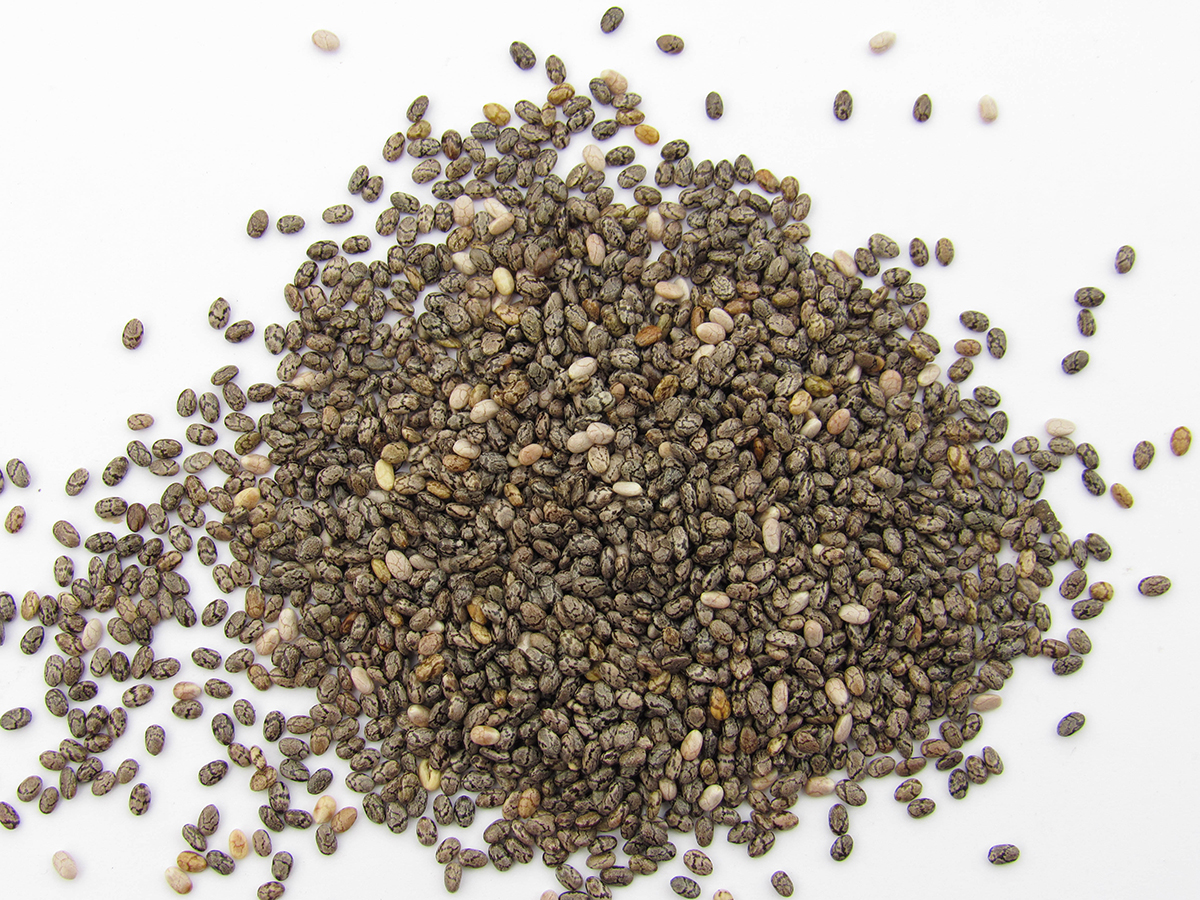
Chia Seeds: A Nutritional Powerhouse for Your Equine Companion
Read more: Chia Seeds: A Nutritional Powerhouse for Your Equine CompanionWhen it comes to equine nutrition, there’s a lot more to consider than just hay. Many horse owners are turning to natural supplements to enhance their horse’s health and performance, […]
-
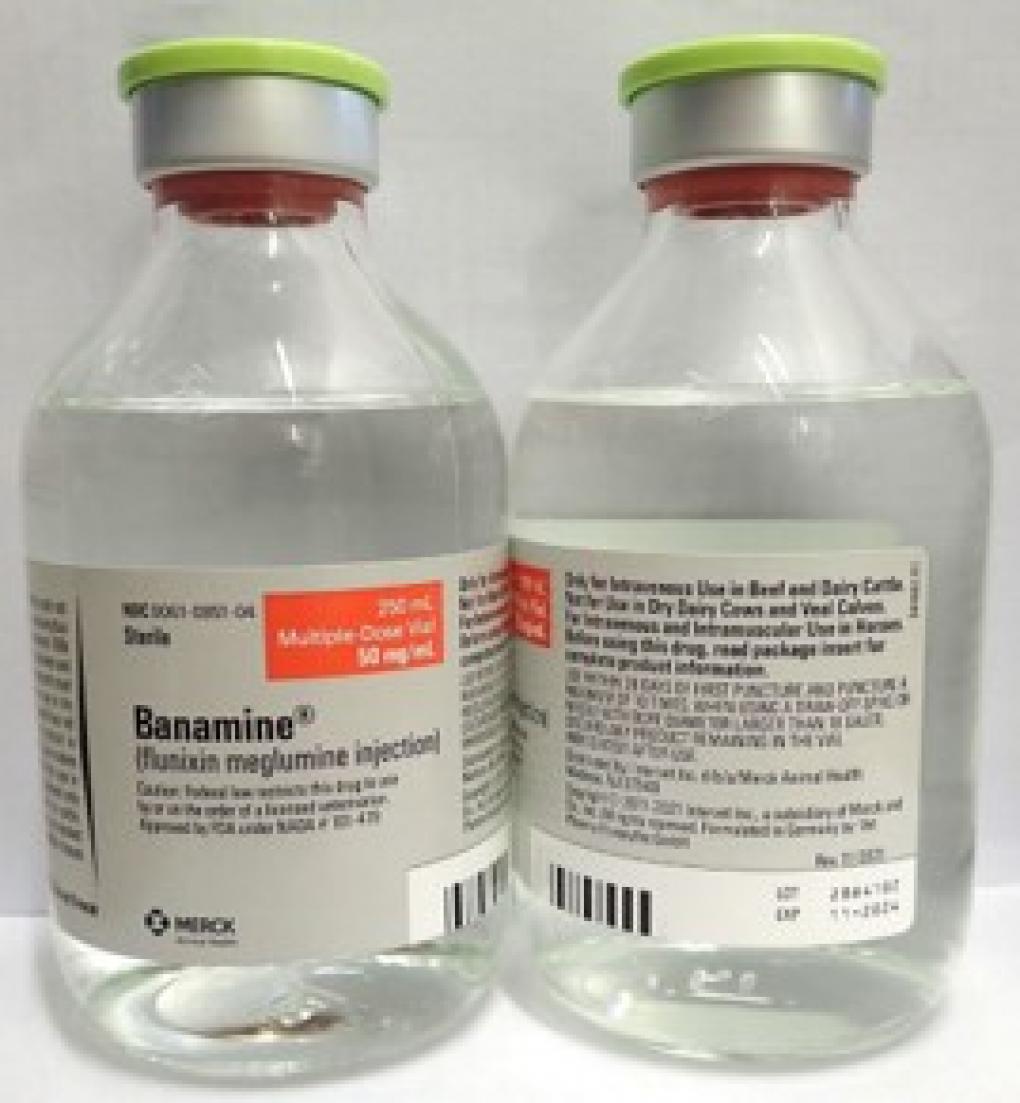
Merck Animal Health Issues Voluntary Recall for Three Lots of BANAMINE® / BANAMINE®-S (Flunixin Meglumine Injection) in the U.S., Due to Presence of Particulate Matter
Read more: Merck Animal Health Issues Voluntary Recall for Three Lots of BANAMINE® / BANAMINE®-S (Flunixin Meglumine Injection) in the U.S., Due to Presence of Particulate MatterRAHWAY, N.J., Sept. 1, 2023 – Merck Animal Health, known as MSD Animal Health outside of the United States and Canada, a division of Merck & Co., Inc., Rahway, N.J., […]
Search
Latest news
- Charlotte Dujardin withdraws from Olympics due to FEI Investigation: Video Released
- The Essential Guide to Deworming Horses in Colorado: Why It Matters for Your Horse’s Health
- Blister Beetles Found in Colorado: A Serious Concern for Ranchers and Livestock Owners
Categories
- Colorado Horse Events (5)
- Colorado Horse News (74)
- Equestrian Grammar (3)
- Facebook Group Articles (2)
- Facility Management (37)
- Giveaways (1)
- Horse Breeding (2)
- Horse Care (63)
- Horse Feed & Nutrition (8)
- Horse Health (68)
- Horse Ownership in Colorado (195)
- Horse Tack (9)
- Horse Training & Showing (36)
- Local Highlight (2)
- Product Reviews (8)
- Tack Collections (12)
- Travel (6)




